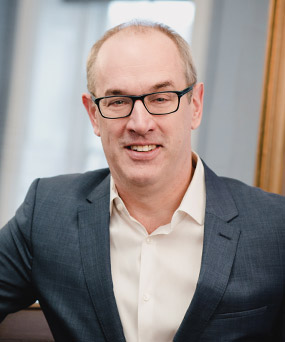
Download Image: Web
Visiting scholar David Stasavage, Ph.D., will deliver a talk entitled, “Democracy: Past, Present, Future,” on Thursday, Oct. 17, at 4:30 p.m., in Trogner Presentation Room, Krapf Gateway Center, on the Lycoming College campus. The event, co-sponsored by the Humanities Research Center and the history, political science, and anthropology/archaeology departments, is free and open to the public.
“The year 2024 is an important one for democracy,” Stasavage said. “Citizens in sixty-four countries – including, of course, in the United States – will go to the polls to decide who should govern. They will do this in an environment where there are concerns that democracy itself is in retreat across the globe. To better understand where we are today, we will begin by taking a step back. What is democracy in the first place? We will see how it has evolved over time, where it is today, and how it might need to evolve in the future. As we do so, we will see that, yes, there are major challenges, but we will also learn that democracy is a common invention of humanity and a near universal aspiration.”
"The year 2024 is an important one for democracy."
David Stasavage is the dean for the social sciences and the Julius Silver Professor in New York University’s department of politics and an affiliated professor in NYU School of Law. He is the author of “The Decline and Rise of Democracy: A Global History from Antiquity to Today,” published by Princeton University Press in June 2020. This book provides a new understanding of early democracy in multiple world regions; it explains the survival in Europe and disappearance in China and the Middle East; and it then traces the long evolution of modern democracy while highlighting its internal tensions. Exploring the deep history of democracy, both early and modern, can teach us much about our current anxieties.
Stasavage is an elected fellow of the American Academy of Arts and Sciences and has authored several previous books including “Taxing the Rich: A History of Fiscal Fairness in the United States and Europe” (Princeton, 2016) and “States of Credit: Size, Power, and the Development of European Polities” (Princeton 2011).
The Humanities Research Center enhances educational opportunities for students majoring or minoring in any of the humanities by supporting collaborative student-faculty research, internships, guided scholarship, study abroad opportunities, education certification, digital humanities, graduate school placement, and fellowships.